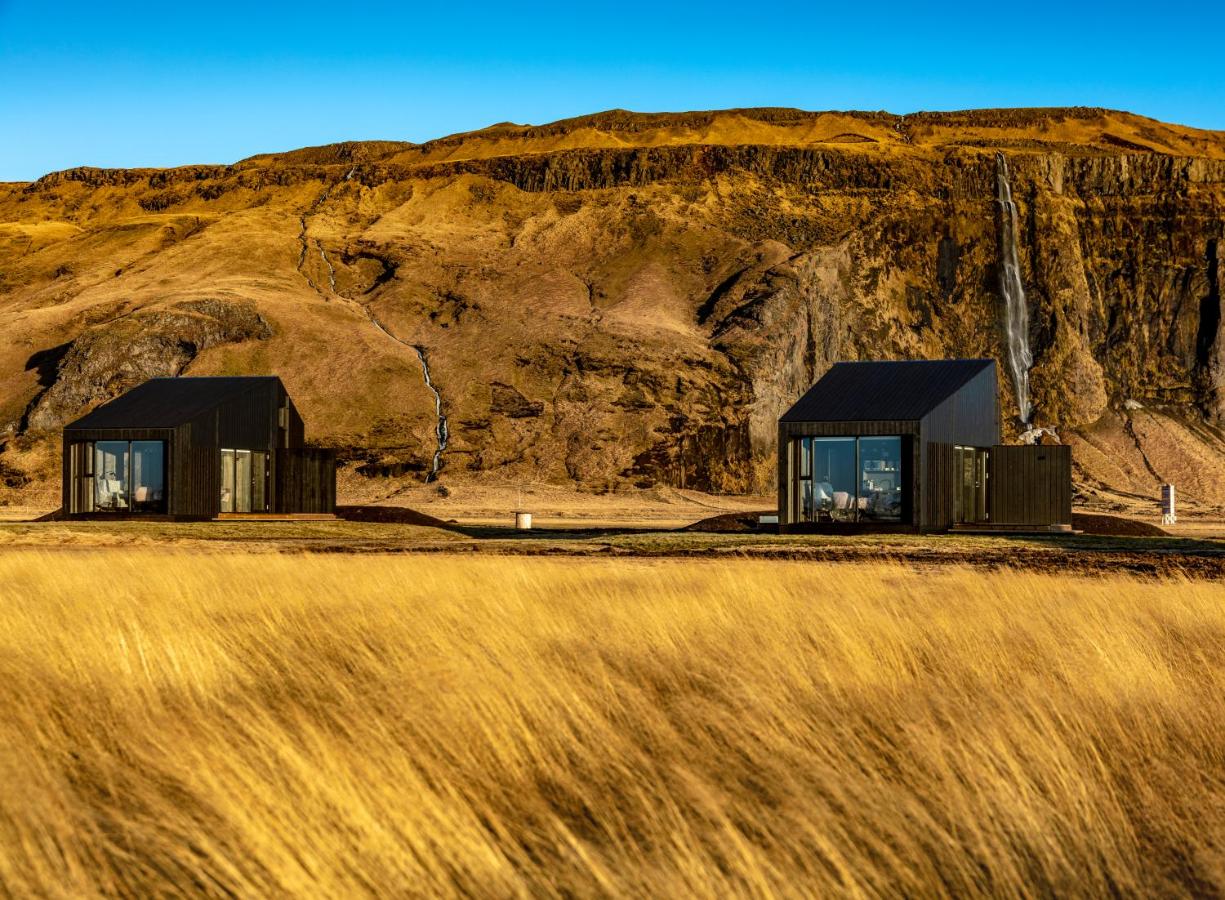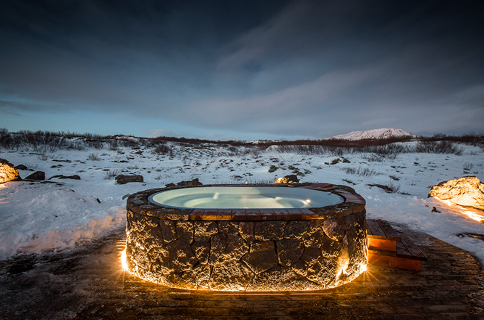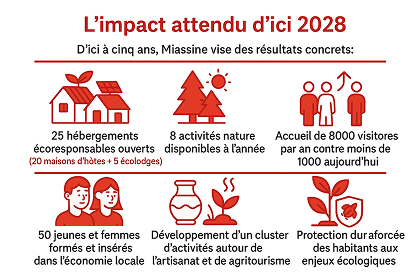Lac Arpi : Faire renaître une région grâce à l'écotourisme durable
Situé dans la région de Shirak, au nord-ouest de l'Arménie, le lac Arpi est un bijou naturel peu connu. Avec ses paysages alpins, ses espèces rares et son climat rude, il a un immense potentiel pour devenir un centre d'écotourisme durable.

Un projet global pour dynamiser la région
Notre objectif est clair : créer un modèle d’écotourisme local et durable, porté par les habitants eux-mêmes. Pour y parvenir, Miassine agit sur plusieurs leviers, comme formation professionnelle, aménagement d'infrastructures respectueuses de l'environnement, création de services touristiques adaptés aux visiteurs, et valorisation des traditions locales.
À travers ce projet, la fondation entend stimuler l’économie rurale, empêcher l’exode des jeunes et réduire la fracture sociale et écologique qui frappe la région de Shirak.
Les grands axes du projet
Miassine structure son action autour de 7 axes majeurs :
Mobilisation communautaire : organisation d'ateliers de sensibilisation à l'écotourisme pour plus de 250 habitants.
Infrastructures écotouristiques : rénovation de 20 maisons rurales et construction de 5 écolodges alimentés par des énergies renouvelables.
Formations professionnelles : accompagnement de 50 jeunes et femmes en hôtellerie, tourisme et création artisanale.
Création d’activités nature : randonnée, ski, kayak, observation des oiseaux, patinage sur lac gelé.

Développement économique local : mise en place d’un centre communautaire pour la location de matériel, la vente de produits artisanaux, et l'information touristique.
Protection environnementale : tri des déchets, compostage, utilisation d’énergies vertes, sensibilisation écologique.
Mise en place d’une gouvernance locale : création d’une association communautaire pour gérer durablement les activités touristiques.
Une approche écoresponsable et circulaire
L’écotourisme au lac Arpi sera fondé sur l’économie circulaire.
Les déchets organiques seront transformés en compost pour enrichir les terres agricoles. Des matériaux recyclés seront utilisés pour créer des objets artisanaux à destination des visiteurs.
Des stations de remplissage d’eau et des ustensiles réutilisables remplaceront les plastiques à usage unique, tandis que des panneaux solaires viendront alimenter les écolodges et centres communautaires.
Le projet prévoit également des ateliers de cuisine durable avec l’utilisation de fours en argile (tonirs) pour enseigner aux visiteurs la culture locale tout en minimisant l’impact environnemental.

L’impact attendu d'ici à 2028
D'ici à cinq ans, Miassine vise des résultats concrets :
25 hébergements écoresponsables ouverts (20 maisons d'hôtes + 5 écolodges)
8 activités nature disponibles à l’année
Accueil de 8000 visiteurs par an contre moins de 1000 aujourd'hui
50 jeunes et femmes formés et insérés dans l’économie locale
Développement d’un cluster d’activités autour de l’artisanat et de l’agritourisme
Protection durable de la biodiversité du parc
Sensibilisation renforcée des habitants aux enjeux écologiques
Un projet aligné avec l’avenir de l’Arménie
La dynamique portée par Miassine s’inscrit dans un contexte plus large : l'Arménie accueillera en 2026 la COP17 sur la biodiversité, offrant une visibilité internationale aux initiatives locales exemplaires.
Le projet du lac Arpi pourra devenir un modèle pour toute la région, démontrant qu’il est possible de concilier développement économique et préservation environnementale.
En misant sur la coopération locale, la transmission des savoirs et l’innovation durable, Miassine montre qu’un autre modèle de développement est possible — plus juste, plus humain, plus résilient.
Le lac Arpi devient ainsi un symbole : celui d’une Arménie qui se relève par ses propres forces et qui invite chacun à y contribuer.